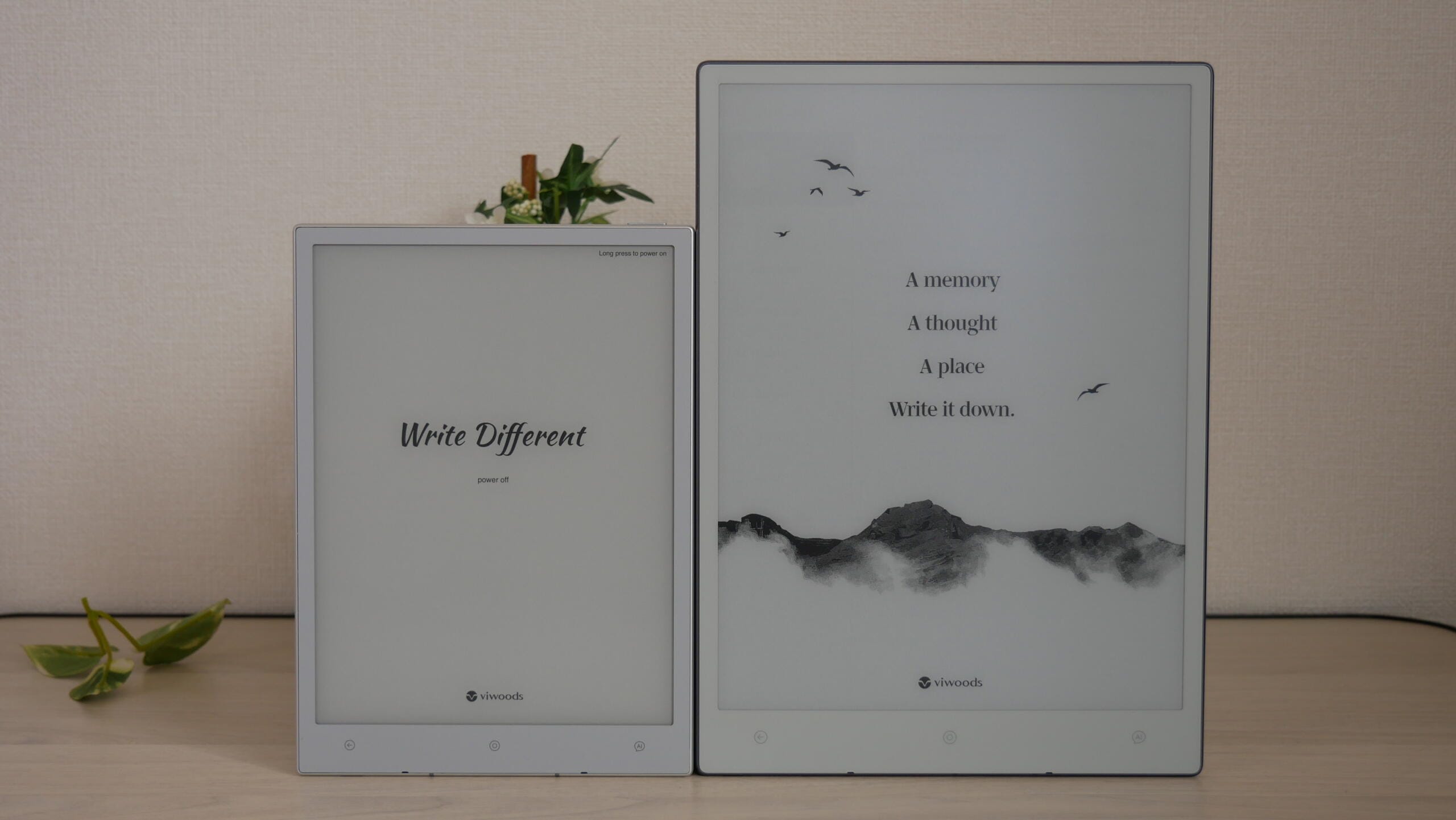
In my article, The Ripple Effect of Andrea Skinner’s Revelations, I examined how truth can unsettle and reshape our collective consciousness, offering opportunities for post-traumatic growth. Now, I find myself pondering this same idea for the literary world, particularly through platforms like BookTok and Bookstagram.
The Rise of BookTok and Bookstagram
The rise of BookTok and Bookstagram has undeniably reshaped how books are consumed, promoted, and shared. Platforms like TikTok and Instagram have opened access to literature, bringing niche genres and underrepresented voices into the mainstream. Viral trends have the power to skyrocket book sales overnight, with major retailers like Barnes & Noble eagerly embracing this phenomenon to capture the attention of younger audiences.
However, this trend has sparked a growing debate over the balance between genuine reader engagement and the commercial forces driving it. While these platforms have created a vibrant, community-driven reading culture, there are concerns that the emphasis on aesthetics and emotional reactions is overshadowing the true value of books.
In 2022, bestselling author Stephanie Danler wrote about the challenges of navigating BookTok as an author, describing TikTok as ‘not a social media app but an entertainment app,’ and noting that ‘being visible on these apps is antithetical to the act of writing.’ I have to say, I understand Danler’s perspective. There can be a certain superficiality to it all, a curated facade that mimics a love for literature without truly embracing it. After all, who wouldn’t want to be seen as literary? The perception of having read widely carries its own cultural capital.
Yet, just as there’s a fine line between virtue signaling and being virtuous, there’s a difference between being genuinely literary and merely performing it.
The Performative Nature of Reading
Publishers, recognizing the immense influence of social media, have sought to buy into the BookTok phenomenon, but creators often resist, wary of losing authenticity and fearing that corporate involvement will dilute the organic connections that have made these platforms so successful.
Moreover, the performative nature of social media can sometimes reduce books to mere props for content creation, leaving the reflective and personal aspects of reading in the background. Readers may feel pressured to participate in trending book challenges, turning what should be a leisurely activity into a race to keep up with the latest viral recommendation.
One Step Forward, Three Steps Back: The Complexities of BookTok’s Influence
Much like the revelations in the Skinner piece, BookTok’s explosive influence has catalyzed change—revolutionizing reading culture and turning what was once a private, introspective experience into a communal, almost performative act. However, these spaces are also great for catapulting authors into the spotlight and breathing new life into old titles, as I discussed in The Third Door: A New Path in Publishing.
Yet, as I observed in those earlier pieces, these shifts are not without their complexities. There’s a tension between the excitement of viral trends and the quieter, more personal side of reading. The performative nature of these platforms can, at times, overshadow the content of the books themselves, reducing them to props in the race for likes and shares.
Finding Balance in the Literary World
Ultimately, reading remains a deeply personal act of connection—whether it’s with oneself, the characters, or the world beyond. While I applaud how platforms like BookTok have democratized reading, bringing underrepresented voices to the forefront, I remain cautious of the pressure it places on readers to consume what’s popular rather than what truly resonates with them.
One of my favorite (tongue-in-cheek) BookTok videos captured this perfectly: a “promoter” wearing what appeared to be non-prescription glasses stood in the travel section of a bookstore, raving about a young adult novel—while holding the book upside down. But to be fair, that’s a bit snobbish of me. Yes, I read a lot, but I’m not always nose-deep in classics or heady philosophy, either. One could argue that any engagement with books is valuable, and if these platforms bring more attention to reading, perhaps they’re doing more good than harm.
This duality—between societal change and personal reflection, viral trends and genuine connection—is all about finding balance, embracing the excitement of these revelations while holding onto the quieter truths they bring to light.
An avid book reader and proud library card holder, Angela is new to the world of e-Readers. She has a background in education, emergency response, fitness, loves to be in nature, traveling and exploring. With an honours science degree in anthropology, Angela also studied writing after graduation. She has contributed work to The London Free Press, The Gazette, The Londoner, Best Version Media, Lifeliner, and Citymedia.ca.




